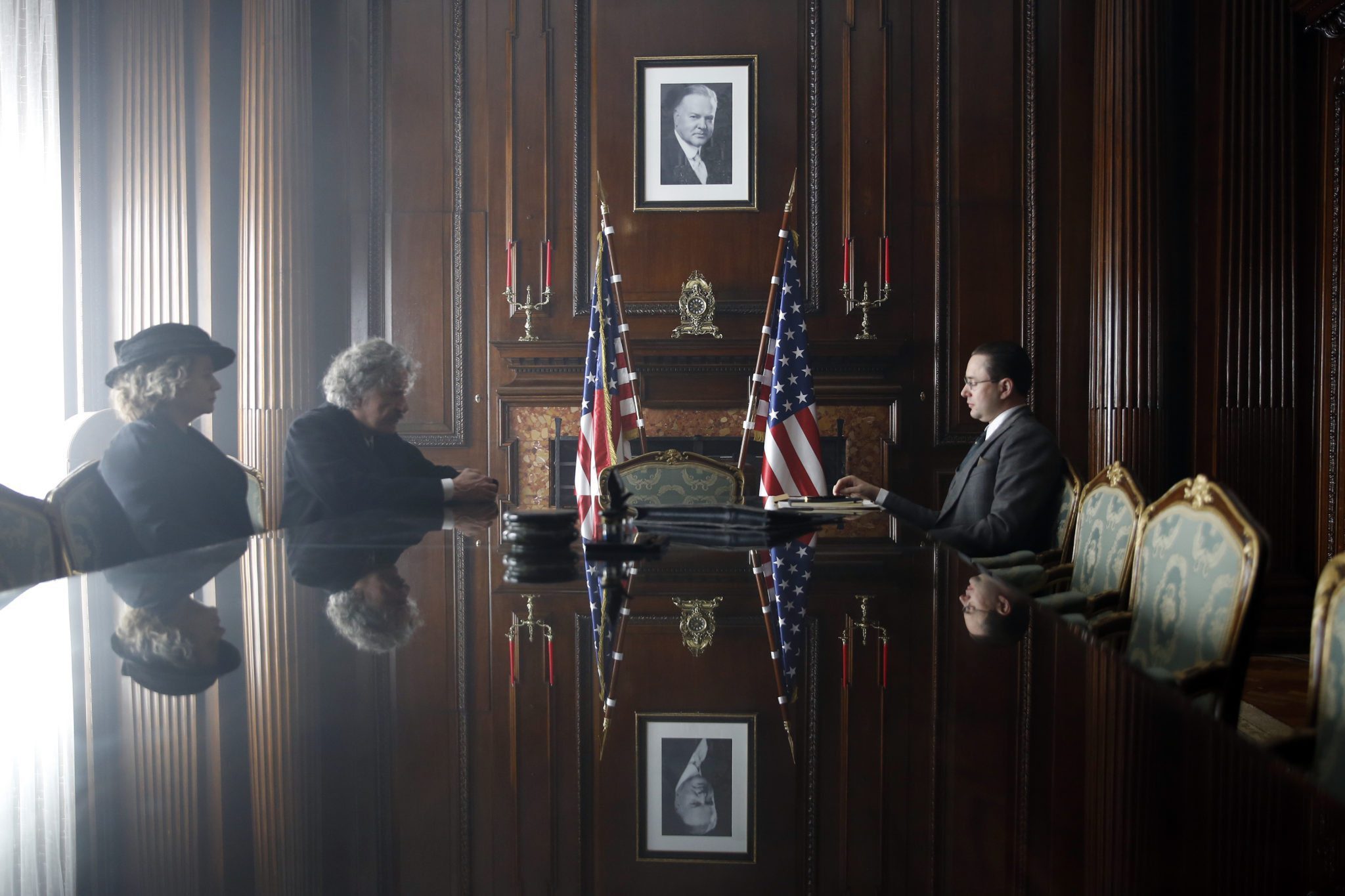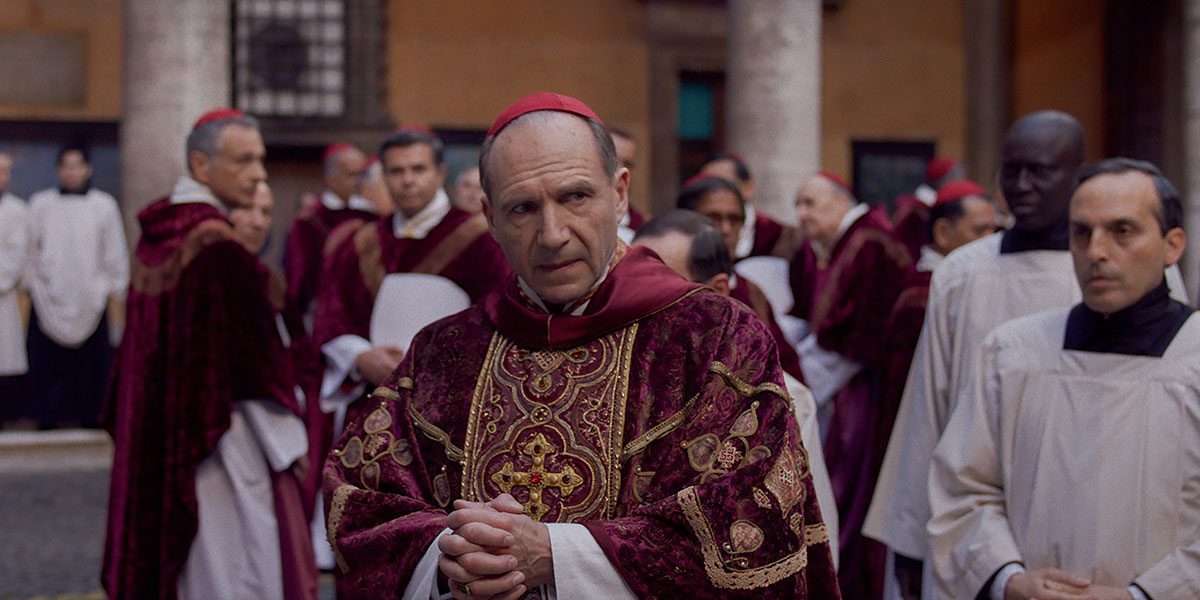We return to a question posed in the first episode: will Albert and Elsa Einstein get their...
Jewish
Miracles offer hope to a world that increasingly needs to know possibility can become reality.






